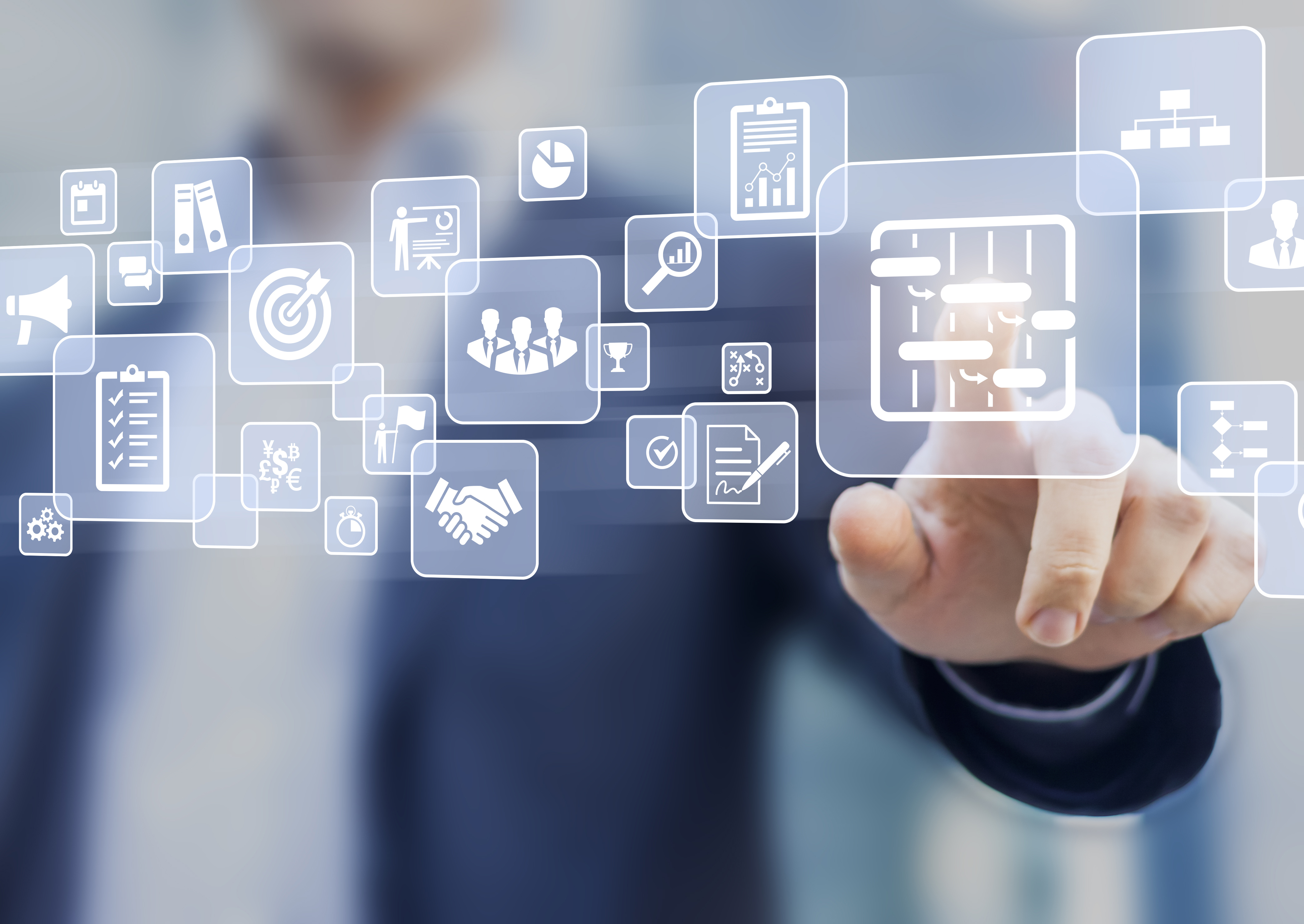With the advent of Artificial Intelligence (AI), blockchain technology and the Internet of Things (IoT) the future of procurement technology is at a tipping point. Most manual procurement functions as organization are familiar with currently will eventually move towards automation. As organizations embrace this new shift its imperative to see how this exciting and even some say disruptive technology will affect today’s procurement in organizations that still in some way mirrors white-collar versions of manufacturing in the 1980’s where manual processes still dominate procurement.

AI is the new buzz word that is being used most often in recent times. So how does AI help in procurement technology? Defined as “the capacity of a computer to perform operations analogous to learning and decision making in humans,” AI helps machines learn from experience, adjust to new inputs, and perform human-like tasks in a way that computers haven’t historically been able to do”. In procurement this will have the most impact in alerting organizations and suppliers to disruptions in their supply chain, flagging and recognizing supplier compliance issues and even identifying instances of fraud.
Further AI would allow greater automation of menial procurement tasks where, making them actionable in minutes or seconds, instead of hours or days and in turn, frees up procurement professionals to focus on higher-value work and spend more time developing relationships with both suppliers and internal stakeholders to create additional value for the organizations business. Other aspects of AI could also be seen in better identification of opportunities that deliver bottom-line impact in terms of an accurate understanding of what an organization’s total spending is at their fingertips. Through AI, identifying where money is spent could be translated to procurement attaining savings on addressable spend that would affect an organization bottom line.
Blockchain is another term that is widely used recently and should not be just thought as related to crypto currency fad, this is because by allowing digital information to be distributed but not copied, blockchain technology development allows data to be trusted. This can then be safely built on top of it without the risks inherent to less secure databases. That opens doors to many applications in procurement to further streamline business, improve transparency and enables machine-to-machine (M2M) and human-to-human (H2H) co-operation. This represents a step forward that organizations should not ignore as it offers improvements from streamlining paper-based processes to enhancing cooperation.
Finally, Internet of Things (IoT). IoT in simple context means taking all the things in the world and connecting them to the internet. When something is connected to the internet, that means that it can send information or receive information, or both, this ability makes things smart and this for future of procurement means it will transform the way people, processes and technologies drive value through procurement processes by leveraging on IoT. For procurement this will present an increase in spend visibility, better understanding of supply and equipment usages. In turn this would allow the procurement team to improve their product catalogue content and spend by knowing exactly what is being used and what is needed. The ability to more accurately predict these needs through IoT adoption in procurement will also greatly improve budget and contract management.
In conclusion the future of procurement technology is evolving, and organizations must take on the challenge of being early adopters of this new technologies that in turn will benefit organisations that is willing to embrace this development whilst those who refuse to embrace change will be at a disadvantage as procurement decisions have an impact on profitability not just through cost saving but through driving strategic decisions and controlling risk for organizations.

